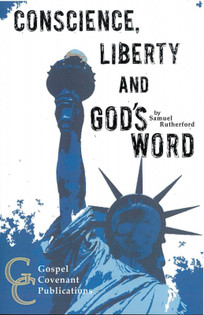Backwoods Presbyterian
Puritanboard Amanuensis
Does a member of the PB own this work and if you do may you let me know about the quality, format, etc...?
Conscience, Liberty, and God's Word - Reformation Heritage Books

Conscience, Liberty, and God's Word - Reformation Heritage Books

